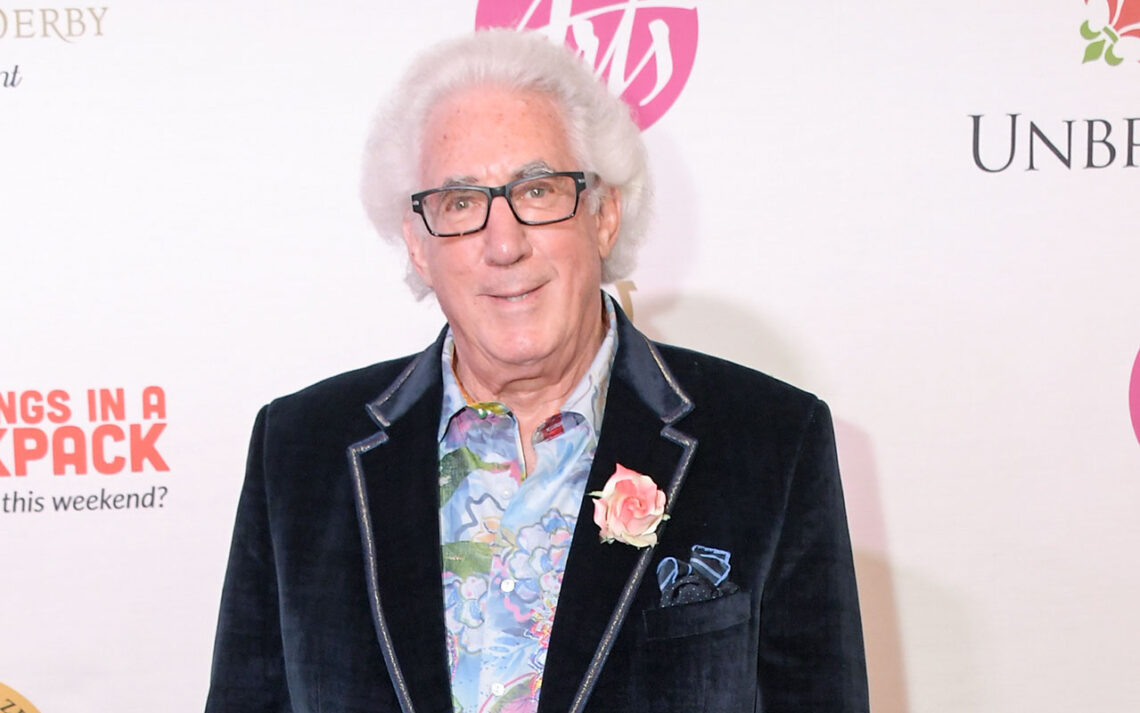Hollywood courtroom drama: A producer’s battle against a toy giant
For the past ten weeks, a legal showdown has been unfolding in a Santa Monica courtroom, pitting a Hollywood producer against a major toy company. This civil case, which has largely flown under the radar, could have significant implications for the entertainment industry.
The origins of the dispute
In January 2018, Norton Herrick, the producer behind films like “Lone Survivor,” filed a lawsuit against Mattel, the toy giant, over a contract dispute related to the production of Mattel’s reality competition show, “The Toy Box,” which aired on ABC for two seasons.
Herrick’s complaint centers around a project he pitched to Mattel in June 2014 called “Playmakers.” The concept involved contestants pitching their toy ideas to a panel of child judges, with the chance to win prize money. According to Herrick, Mattel executives were enthusiastic about the idea and indicated they would move forward with it. However, Herrick alleges that Mattel went on to produce a similar show, “The Toy Box,” without his involvement.
The legal journey
The case has remained largely out of the public eye for over six years, partly because it was under conditional seal due to the inclusion of trade secrets. Mattel’s request for summary judgment was denied, allowing the case to proceed to trial. This rare occurrence in Hollywood legal battles could set a precedent for how studios handle pitches and the steps they must take if they repurpose ideas.
On Friday, the case will be handed over to the jury, who will decide if Herrick indeed lost out on potentially hundreds of millions of dollars due to the alleged theft of his concept.
A history of legal battles
Herrick, whose credits also include the action-thriller “2 Guns” and the stage production “Waitress: The Musical,” is not the first to challenge Mattel. In a notable 2011 case, a jury found that Mattel had stolen trade secrets from MGA Entertainment, the creators of the Bratz doll line, resulting in a nearly $90 million award to the California start-up.
The pitch and the fallout
Herrick’s complaint details his first in-person meeting with Mattel in June 2014, where he provided a written deck with a confidentiality notice outlining the format of “Playmakers.” In a subsequent meeting in September 2014, Mattel’s team expressed interest in finalizing a written contract and discussed financing options, including the possibility of Herrick self-funding the project. Herrick left the meeting believing he had secured a partnership with Mattel.
However, two months later, a Mattel executive informed Herrick that due to poor financials, the deal was temporarily paused, but reassured him that Mattel’s interest had not waned. At no point, according to Herrick, did Mattel disclose that they were pursuing a similar show with another producer or that they were not planning to move forward with him.
The trial and its implications
As the trial progresses, Herrick’s attorneys have expressed their satisfaction that Mattel will finally face a jury. On the other hand, Mattel maintains that the lawsuit is without merit and continues to stand by the success and positive reception of “The Toy Box.”
The outcome of this case could have far-reaching consequences for the entertainment industry, particularly in how studios handle pitches and protect intellectual property. As the jury deliberates, the contents of Mattel’s toy chest may soon be revealed to the public.
Personal reflections for enthusiasts
For cinema and TV series enthusiasts, this case highlights the often unseen battles that shape the content we enjoy. The creative process is fraught with challenges, and the protection of intellectual property is crucial for fostering innovation and trust within the industry.
For those interested in exploring the shows and movies mentioned, you can watch the trailer for Lone Survivor and 2 Guns. Additionally, fans of musical theater can find more about Waitress: The Musical.
As we await the jury’s decision, this case serves as a reminder of the importance of safeguarding creative ideas and the potential consequences when those protections are breached.

 Italian
Italian







